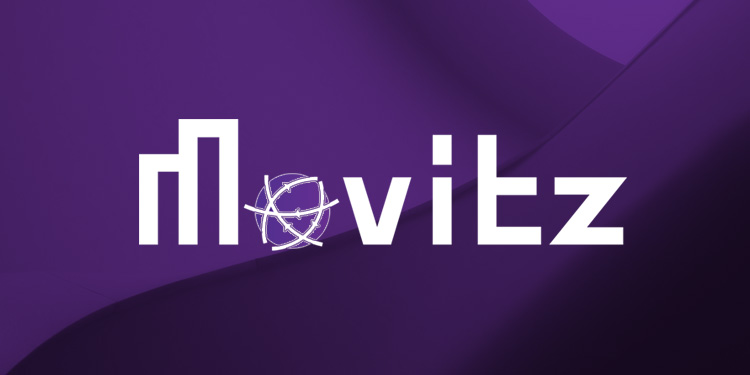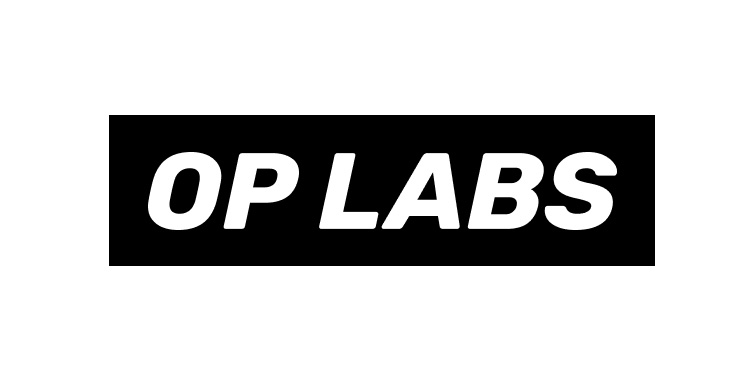Relm Insurance, recognized as the only insurer exclusively focused on emerging industries, along with Liva Insurance, a key insurance provider in the Gulf Cooperation Council (GCC), has received official approval from the UAE Central Bank for their jointly developed insurance solutions tailored for Web3 businesses. The two offerings, named SIGMAWEB3 and SIGMAWEB3 VARA, are designed to support companies within the digital asset space and those regulated by Dubai’s Virtual Asset Regulatory Authority (VARA).
This regulatory milestone comes shortly after the strategic alliance between Relm and Liva was formalized in February 2025. The collaboration targets rapidly evolving sectors such as blockchain, artificial intelligence, and biotechnology, aiming to encourage innovation and entrepreneurial growth in these areas. The approval is seen as a significant endorsement of the insurers’ commitment to creating insurance products that align with the unique risk landscape faced by tech-driven companies in the region.
Tailored Protection for Digital Asset Firms
The introduction of SIGMAWEB3 and its VARA-specific counterpart is intended to close a longstanding gap in the insurance market. Many Web3 businesses reportedly face challenges in acquiring insurance due to the complexity and novelty of their operations. These challenges are compounded by a general lack of market understanding of decentralized technologies and the pace at which these sectors are evolving.
The two products were developed to address these challenges head-on. They cater to a wide range of Web3 stakeholders including crypto exchanges, blockchain startups, digital asset service providers, and fintech ventures. The insurance packages cover a variety of risk categories, including financial liability, cyber threats, professional liability, and crime-related exposures. SIGMAWEB3 VARA has been specifically structured to comply with Dubai’s VARA regulatory standards, making it especially relevant for licensed virtual asset operators in the emirate.
Building Confidence in a Dynamic Sector
Executives at Relm and Liva have indicated that the Central Bank’s endorsement marks a transformative moment for digital asset coverage in the UAE. They believe the new insurance offerings will not only provide a safety net for innovators but also foster greater investor and consumer confidence in Web3 ventures. By equipping these businesses with compliant and sector-specific risk coverage, the two insurers aim to boost resilience and enable secure innovation in a high-growth, high-risk market.
The leadership at Relm emphasized that gaining approval for these products empowers brokers and clients alike, by offering more robust, relevant protection against sector-specific vulnerabilities. The coverage is expected to play a pivotal role in helping companies comply with increasingly complex regulatory frameworks while also giving them the confidence to pursue bold innovations.
Liva’s executive team highlighted that the approved products represent a tangible step in their strategy to support insurance sector evolution through deep market understanding and collaboration. They acknowledged the importance of regulatory cooperation in shaping a secure and sustainable digital economy and expressed confidence that the products would help them scale and diversify while staying aligned with client needs.
A Step Toward a Regulated Web3 Ecosystem
The regulatory nod from the UAE Central Bank is seen by many as a signal of growing acceptance and institutional recognition of the Web3 economy. The approval not only positions Relm and Liva as leaders in Web3 insurance innovation but also illustrates the UAE’s openness to fostering a compliant and secure environment for emerging technologies.
As Web3 firms continue to expand their footprint across the Middle East, solutions like SIGMAWEB3 and SIGMAWEB3 VARA are expected to play an increasingly vital role. By addressing the specific insurance needs of this sector, the partnership between Relm and Liva marks a meaningful progression in aligning emerging industries with traditional financial safeguards.









